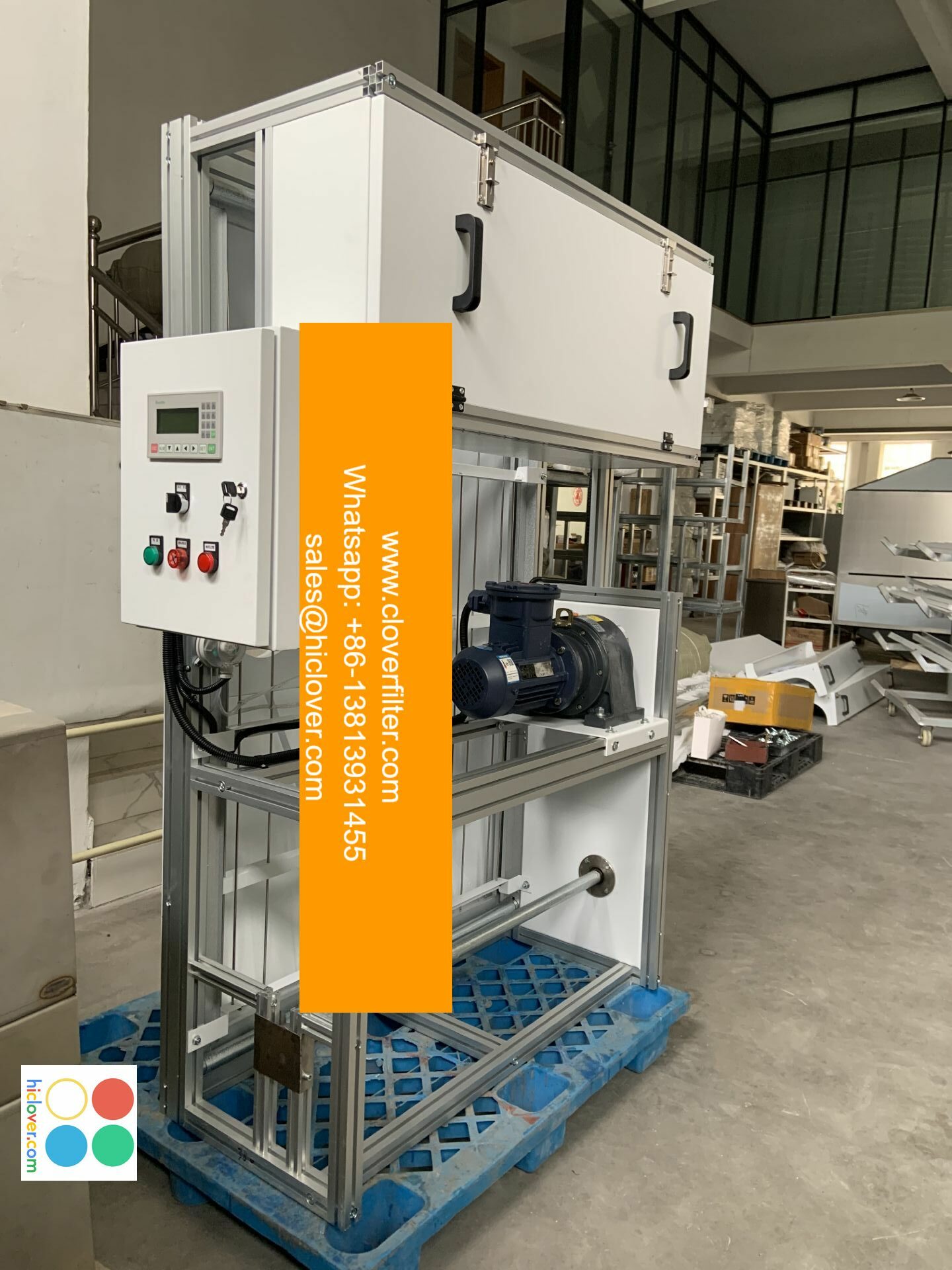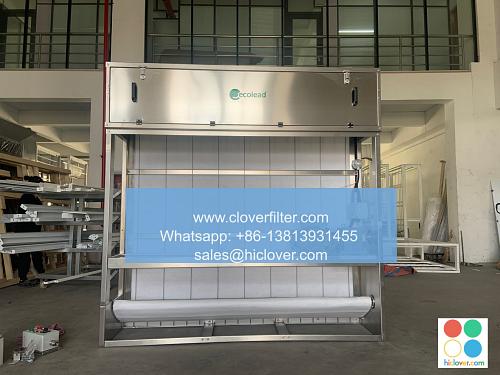The Best Air Filters for Small Businesses

As a small business owner, maintaining a healthy and comfortable work environment is crucial for the well-being and productivity of your employees. One often overlooked aspect of creating a positive work space is the quality of the indoor air. Poor air quality can lead to a range of issues, from allergies and respiratory problems to decreased focus and motivation. In this article, we will explore the best air filters for small businesses, highlighting their HEPA filtration, activated carbon, and UV purification capabilities, as well as their applications in office spaces, restaurants, and medical facilities.
Air Filter Types and Technologies
When it comes to selecting the best air filter for your small business, it’s essential to consider the type of technology used. Some popular options include:
* HEPA (High Efficiency Particulate Air) filters, which capture 99.97% of particles as small as 0.3 microns, making them ideal for allergy sufferers and those with respiratory issues.
* Activated carbon filters, which are effective at removing volatile organic compounds (VOCs), odors, and gases from the air.
* UV purification systems, which use ultraviolet light to kill bacteria, viruses, and other microorganisms that can cause illness.
Best Air Filters for Small Businesses
Based on their features, performance, and customer reviews, here are some of the best air filters for small businesses:
* Levoit LV-H132 Air Purifier: A compact and affordable option with a 3-stage filtration system, including a pre-filter, HEPA filter, and activated carbon filter.
* Dyson Pure Cool Link Air Purifier: A high-end option with a 360-degree glass HEPA filter and activated carbon filter, as well as a built-in fan for improved air circulation.
* Honeywell HPA300 Air Purifier: A popular option with a Turbo Clean feature, which captures 99.97% of particles as small as 0.3 microns, and a built-in timer for convenient operation.
Application Areas for Air Filters in Small Businesses
Air filters can be used in a variety of settings, including:
* Office spaces: To improve indoor air quality and reduce the risk of illness transmission among employees.
* Restaurants: To remove cooking odors and grease particles from the air, creating a more pleasant dining experience for customers.
* Medical facilities: To provide a sterile environment for patients and medical staff, reducing the risk of infection transmission.
Conclusion
In conclusion, investing in a high-quality air filter is essential for small businesses looking to improve indoor air quality, boost employee productivity, and create a healthier work environment. By considering the type of technology used, such as HEPA filtration, activated carbon, and UV purification, and selecting an air filter that meets the specific needs of your business, you can provide a better working environment for your employees and a more pleasant experience for your customers. Whether you’re looking to improve air quality in an office space, restaurant, or medical facility, there’s an air filter out there that can help you achieve your goals. It seems like you forgot to include the prompt. Please go ahead and provide one, and I’ll be happy to assist you!

